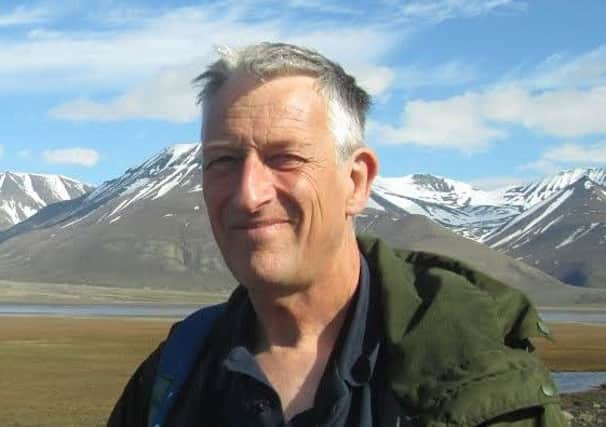Fair Isle folk understand importance of nature


Cleverly, each person featured is introduced with a list of all the jobs they have to take on, with combinations such as firefighter, teacher, shopkeeper and crofter being typical. What emerges is a testament to the sheer hard work, adaptability and resilience you need to make a living in such a place.
What is true of humans is also true of Fair Isle’s flora and fauna. As the documentary makes clear, the island’s wildlife has been crucial to sustaining the community.
Advertisement
Hide AdAdvertisement
Hide AdGeorge Waterston, from whom the National Trust for Scotland obtained Fair Isle in 1954, founded the bird observatory there. It is the place to be if you want to see one of the most remarkable and diverse bird lists in northern Europe.
Given its position between Shetland and Orkney, Fair Isle is a convenient stop for many regular migrants as well as some extremely irregular vagrants that have gone off course from their usual routes, such as Pallas’s grasshopper warbler, red-flanked bluetail and Siberian thrush.
Breeding birds that make it their home include Atlantic Puffin, Arctic Skua, Great Skua and Northern Fulmar, as well as the Fair Isle Wren.
Along with the birds come birdwatchers – enthusiasts who travel from all over the world to view the rarities. They bring much-needed income for the community, in turn sustaining traditional crofting lifestyles that have been eroded from many other parts of Scotland.
One of the Trust’s objectives is to support the communities, help them grow in numbers. Subsidies for small-scale farming are minimal, leading us to step in and fill the gap in any way we can, such as by keeping rents low.
Supporting crofting is not the result of a rose-tinted view of the past, nor maintaining heritage for its own sake. Crofting is a good example of sustainable land-use, employing non-intensive techniques that complement nature, soil and climate and, most importantly, maintain a thriving community on the isle.
The people of Fair Isle have an innate understanding of the power of nature. As the documentary shows, whether born on the island or having come from elsewhere, residents quickly fall in with the cycle of seasons and weather.
Lately, there has been further evidence of this: on 26 October, Environment Secretary Roseanna Cunningham confirmed that a community-led Fair Isle Demonstration and Research Marine Protected Area will be established to enable development of new or improved forms of marine management to protect the environment on which seabirds and islanders alike depend.
Advertisement
Hide AdAdvertisement
Hide AdThis was the culmination of over 20 years of sustained effort by the people of Fair Isle. In 1995, they understood that internationally important seabird colonies, and the marine habitats that underpin them, had to be conserved in order to ensure economic benefits for the human community.
In stark contrast to their sustainable stewardship of the land, they could see that the increasing pace of commercial fishing was undermining the marine resource so vital to all. Frustrated that they could do so little to influence it, they called for a protected area.
Now their persistence has paid off and, with support from the local Shetland Fishermen’s Federation, they are poised to transfer the lessons hard won from the management of the land to their all-important surrounding sea.
It is perhaps no coincidence that, three times a week, battling through some of the wildest waters in Europe and skippered by an islander, comes their ferry – The Good Shepherd.
All of us who live in Scotland and the UK are islanders too. The people of Fair Isle have a lot to teach us.
Dr Richard Luxmoore is the NTS Senior Nature Conservation Advisor.